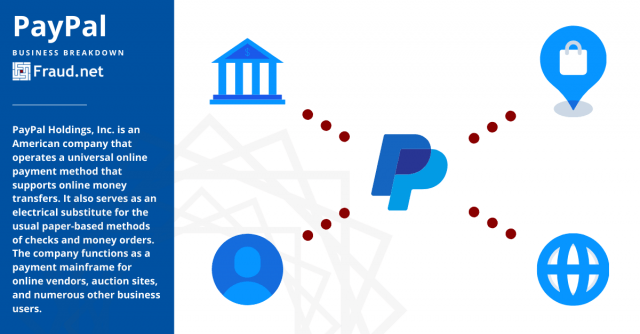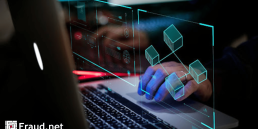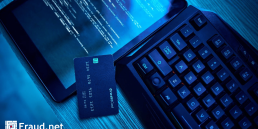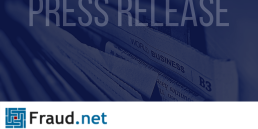PayPal Holdings, Inc. is an American company that operates a universal online payment method that supports online money transfers. It also serves as an electrical substitute for the usual paper-based methods of checks and money orders. The company functions as a payment mainframe for online vendors, auction sites, and numerous other business users. These users are usually charged an interbank fee for profits such as one-click transactions and password memory.
History of PayPal
The Beginning
PayPal, first founded as Confinity, resulted from a collaboration between Max Levchin, Peter Thiel, and Luke Nosek. They developed it as a digital wallet solution, a way to send payments through email, releasing its first iteration in 1999.
In 2000, Confinity merged with X.com, an online banking service founded by Elon Musk. Peter Thiel then replaced Elon Musk as CEO in October 2000, and renamed Confinity to PayPal Holdings in 2001. They went public in 2002, at $13 per share, minting over $61 million.
Acquired by eBay
Within the same year, they were acquired by eBay, and the service supported 70% of auctions and transactions. Accordingly, it became the default payment method for online transactions on eBay.
Versus Anonymous
In July 2011, Anonymous was charged with attempting to disrupt PayPal operations. They attempted denial of service attacks in December of the previous year. These attacks were an act of retaliation against the company’s denial to process donation transactions to WikiLeaks.
eBay and PayPal Part Ways
eBay and PayPal split into two separate companies in 2015, but their professional partnership remained alive. The latter continues to offer a payment option for eBay shoppers, but not as a transaction processing platform.
Social Media Ventures
Instagram and PayPal partnered in 2019 for Instragam shopping, offering “Checkout on Instagram” with the latter as part of the feature. In 2020 they acquired Honey, a browser extension that scrubs for the largest discounts available at various shopping locations.
Why is it so Popular?
PayPal operates in 202 global markets and has 377 million active accounts. It grew to this popularity due to the ease of use they offered for transactions.
Users could transfer money without credit cards or paper options and could do so between different banking institutions and credit unions. This was especially helpful in cases where people could not obtain credit cards due to their financial history. In these cases, it acted as a prepaid “card”, in which one could transfer money from their debit card to create a “balance” to then use to pay for transactions.
It also offered automatic currency conversion options for those making international transactions. Due to their investments in transaction security and providing a variety of options and personalizations for users, PayPal has sustained itself as a major payment platform.
What Does PayPal have to do with Fraud?
While PayPal has invested in securing its platform over the years, the platform is still vulnerable to fraudulent activity and has a history of combatting it.
2001
International hackers targeted PayPal accounts, transferring small amounts of money out of multiple accounts. In response, they developed an AI-powered fraud detection system to detect potentially fraudulent transactions. Peter Thiel, inspired by this development, went on to create Palantir.
2015
In this instance, a PayPal service provider charged 150,000 Spanish cardholders an unauthorized €15. Most funds were returned.
Retaliation for Banning Transactions
As stated earlier, PayPal fell victim to a denial of service attack by hacktivist group Anonymous, in retaliation against their banning of donations to WikiLeaks. They may continue to face these types of attacks due to their controversial banning of several transactions and accounts associated with human rights activism or non-traditional work.
Additionally, PayPal’s service acting as a “prepaid” card of sorts provides an opportunity for scammers to facilitate money laundering through their service. PayPal does comply with AML standards set forth by government cybersecurity jurisdictions, but the service still faces audits for failed compliance and deals with laundering today.
Fraud.net’s Protection and Detection Solutions
Fraud.net offers a wide variety of products and solutions to combat money laundering, business email compromise, and invoice fraud. Contact us for a free demo today, and product recommendations and best practices for your business.





